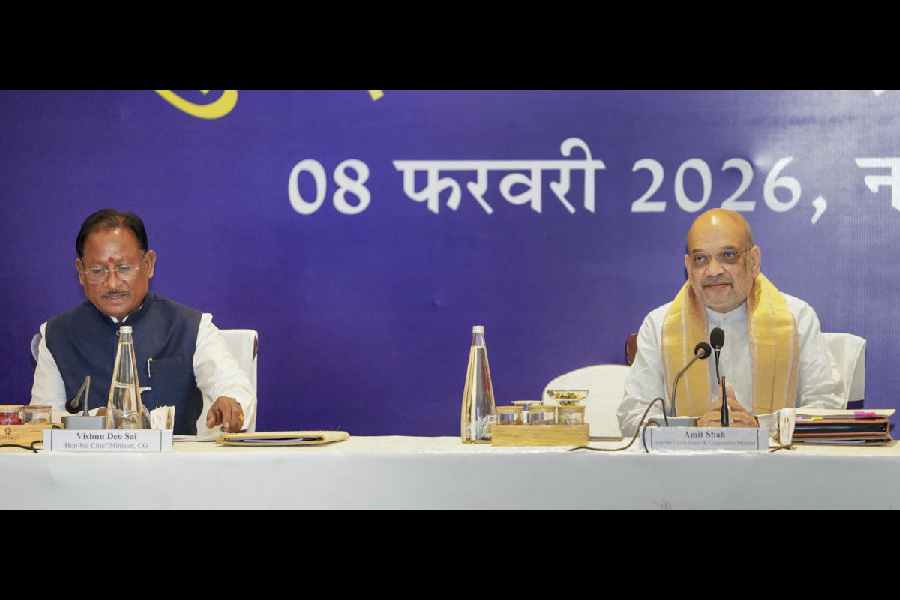Jairam Ramesh, once the Congress’s stormy petrel, has a storm raging in his environment ministry. On one side are old-style nationalists. They follow the Nehru line that developed countries are villains and developing countries are innocent victims. This line followed in Nehruvian times from two centuries of colonialism; then, the colonial masters were the perpetrators and the colonies the perpetrated. This line went out of fashion in the last two decades as India grew and acquired self-confidence. It continued, however, to survive in an attic of the foreign ministry, whence it has re-emerged. Its new form is that industrial countries spewed out those greenhouse gases which now threaten to roast the world. It is their duty to remove or mitigate them. India has meanwhile industrialized and continues to do so. But its sins are too recent to consider; it should be considered innocent until the guilty have served their sentences.
On the other side is a minority which believes that Indians are no special species, but are citizens of the world. It faces an urgent crisis; if world temperatures rise, the catastrophe will strike India as surely as it does the rest of the world. The 21st century requires development of a new style of living and livelihood. Participating in its development is not only right, but desirable; it will give India a voice in shaping it. India should accept the responsibility for cutting down its emissions, and ask for assistance from technologically advanced countries to do so.
Given his political loyalties, Nehruvian intransigence came naturally to Mr Ramesh. But then he realized that it would exclude India from the negotiations that will decide the strategy for dealing with climate change. Already the European Union is talking about imposing duties on imports in proportion to their carbon footprint. By not keeping pace with the world in mitigative policies, India would not only miss out on the technologies that will be developed to reduce emissions, but would also find its exports excluded from industrial countries’ markets. The minister may go to world forums and rant against the injustice, but by definition, the world is never fair to an iconic developing country like India. So Mr Ramesh wrote to the prime minister in June proposing a change in India’s stance. The consensus that emerged from the ensuing confabulations was that Mr Ramesh should prevaricate. He announced a national target for reduction of emissions, but said that he would not promise any reductions; it would be just a promise to himself. He worked out a national plan of sorts, and defended it in Parliament and outside. But he promised not to defend it outside the country. So he has gone to Copenhagen, where he will sit on a fence and whisper his promise. But it is an unwise resolution; for what he does not promise, he will get nothing in return.










